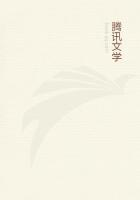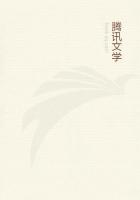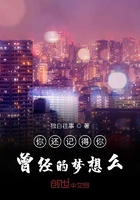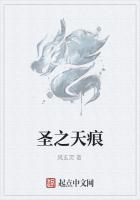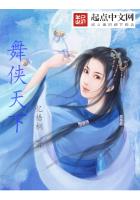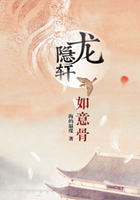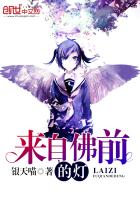The end of this first, or ancestral and Revolutionary, chapter came on February 21, 1848 -- and the month of February brought life and death as a family habit -- when the eighteenth century, as an actual and living companion, vanished. If the scene on the floor of the House, when the old President fell, struck the still ******-minded American public with a sensation unusually dramatic, its effect on a ten-year-old boy, whose boy-life was fading away with the life of his grandfather, could not be slight. One had to pay for Revolutionary patriots; grandfathers and grandmothers; Presidents; diplomats; Queen Anne mahogany and Louis Seize chairs, as well as for Stuart portraits. Such things warp young life. Americans commonly believed that they ruined it, and perhaps the practical common-sense of the American mind judged right. Many a boy might be ruined by much less than the emotions of the funeral service in the Quincy church, with its surroundings of national respect and family pride. By another dramatic chance it happened that the clergyman of the parish, Dr. Lunt, was an unusual pulpit orator, the ideal of a somewhat austere intellectual type, such as the school of Buckminster and Channing inherited from the old Congregational clergy. His extraordinarily refined appearance, his dignity of manner, his deeply cadenced voice, his remarkable English and his fine appreciation, gave to the funeral service a character that left an overwhelming impression on the boy's mind. He was to see many great functions -- funerals and festival -- in after-life, till his only thought was to see no more, but he never again witnessed anything nearly so impressive to him as the last services at Quincy over the body of one President and the ashes of another.
The effect of the Quincy service was deepened by the official ceremony which afterwards took place in Faneuil Hall, when the boy was taken to hear his uncle, Edward Everett, deliver a Eulogy. Like all Mr. Everett's orations, it was an admirable piece of oratory, such as only an admirable orator and scholar could create; too good for a ten-year-old boy to appreciate at its value; but already the boy knew that the dead President could not be in it, and had even learned why he would have been out of place there; for knowledge was beginning to come fast. The shadow of the War of 1812 still hung over State Street; the shadow of the Civil War to come had already begun to darken Faneuil Hall. No rhetoric could have reconciled Mr. Everett's audience to his subject. How could he say there, to an assemblage of Bostonians in the heart of mercantile Boston, that the only distinctive mark of all the Adamses, since old Sam Adams's father a hundred and fifty years before, had been their inherited quarrel with State Street, which had again and again broken out into riot, bloodshed, personal feuds, foreign and civil war, wholesale banishments and confiscations, until the history of Florence was hardly more turbulent than that of Boston? How could he whisper the word Hartford Convention before the men who had made it? What would have been said had he suggested the chance of Secession and Civil War?
Thus already, at ten years old, the boy found himself standing face to face with a dilemma that might have puzzled an early Christian. What was he? -- where was he going? Even then he felt that something was wrong, but he concluded that it must be Boston. Quincy had always been right, for Quincy represented a moral principle -- the principle of resistance to Boston. His Adams ancestors must have been right, since they were always hostile to State Street. If State Street was wrong, Quincy must be right!
Turn the dilemma as he pleased, he still came back on the eighteenth century and the law of Resistance; of Truth; of Duty, and of Freedom. He was a ten-year-old priest and politician. He could under no circumstances have guessed what the next fifty years had in store, and no one could teach him; but sometimes, in his old age, he wondered -- and could never decide -- whether the most clear and certain knowledge would have helped him.
Supposing he had seen a New York stock-list of 1900, and had studied the statistics of railways, telegraphs, coal, and steel -- would he have quitted his eighteenth-century, his ancestral prejudices, his abstract ideals, his semi-clerical training, and the rest, in order to perform an expiatory pilgrimage to State Street, and ask for the fatted calf of his grandfather Brooks and a clerkship in the Suffolk Bank?
Sixty years afterwards he was still unable to make up his mind. Each course had its advantages, but the material advantages, looking back, seemed to lie wholly in State Street.

